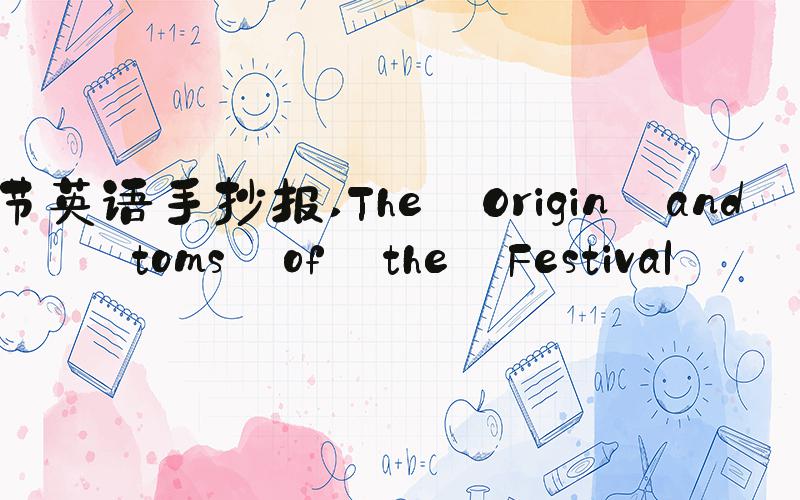
What is Chinese Spring Festival?
Chinese Spring Festival, also known as Chinese New Year, is the most important traditional festival celebrated by Chinese people. It is the first day of the Chinese lunar calendar, which usually falls in late January or early February. The festival lasts for 15 days, ending with the Lantern Festival.
The Origin and Customs of the Festival
The origin of the Chinese Spring Festival can be traced back to ancient times. According to legend, there was a monster named “Nian” who came out on the first day of the lunar year to prey on people. Later, people discovered that Nian was afraid of the color red, firecrackers, and loud noises. So, they started to decorate their homes with red decorations, set off firecrackers at midnight on the New Year’s Eve, and have loud celebrations to scare away Nian.
Today, many customs are still observed during the Chinese Spring Festival. People clean their homes to sweep away bad luck and make way for good luck. They decorate their homes with red lanterns, couplets, and paper-cuttings. They also wear new clothes, eat traditional foods such as dumplings, fish, and rice cakes. And they exchange red envelopes containing money with their family and friends, which are considered as a symbol of good luck.
The Significance of the Festival
The Chinese Spring Festival is not only a time for family reunions, but it also has a deep cultural significance. It represents the renewal of life, the beginning of a new year, and a fresh start. It is a time to reflect on the past, to be grateful for what we have, and to look forward to a better future. In addition, the festival also promotes Chinese culture, values, and beliefs to the world and brings people together to celebrate diversity and unity.
The Impact of the COVID-19 Pandemic
The COVID-19 pandemic has had a significant impact on the Chinese Spring Festival. Due to the strict quarantine measures, many people were unable to return home to celebrate with their families. Instead, they had to celebrate virtually through video calls or delay their trips until a later date. In addition, many traditional activities such as temple fairs, dragon and lion dances, and fireworks displays were cancelled or postponed to prevent the spread of the virus.
The Future of the Festival
The Chinese Spring Festival has withstood the test of time and has become an integral part of Chinese culture. As China continues to develop and modernize, the festival will also evolve to embrace new traditions and cultural elements. Despite the challenges posed by the pandemic, the festival will continue to bring joy, happiness, and hope to Chinese people around the world and promote cultural exchange and understanding among diverse communities.
In conclusion, the Chinese Spring Festival is a time-honored tradition that celebrates the past, present, and future. It is a time to cherish family, to appreciate life, and to celebrate diversity. As we look forward to the next Chinese New Year, let us remember the significance of the festival and the values it represents.

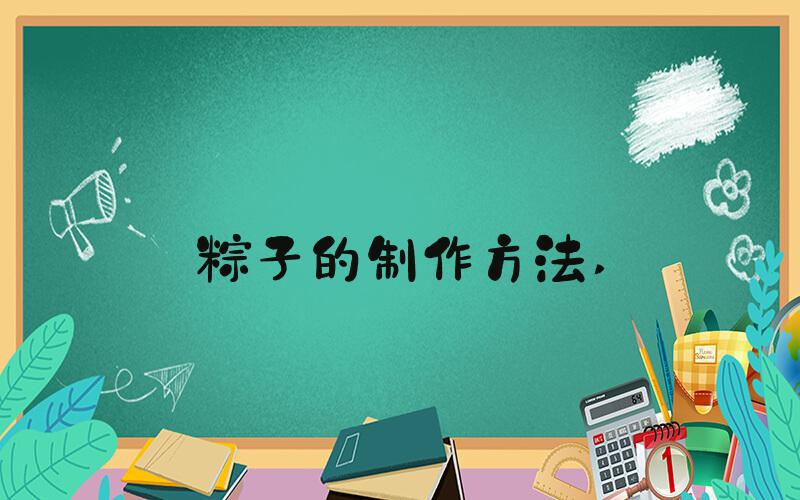
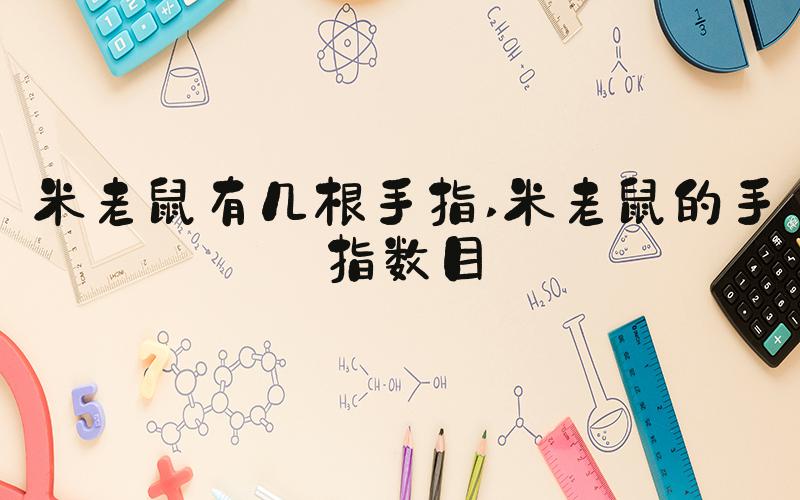
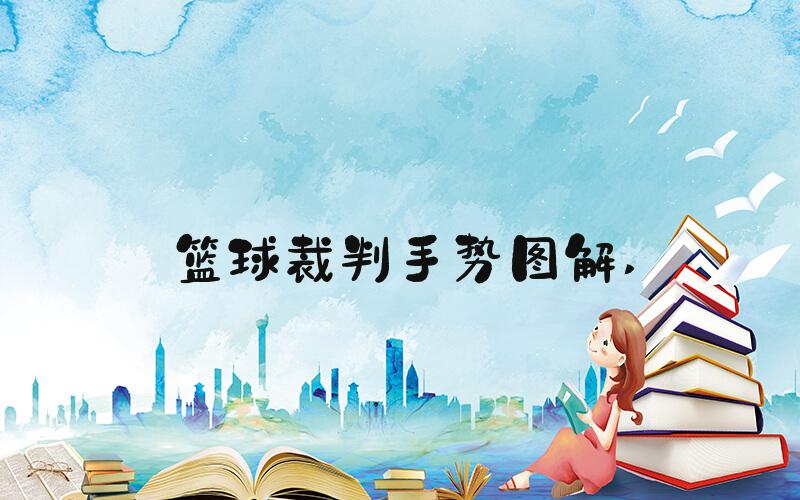
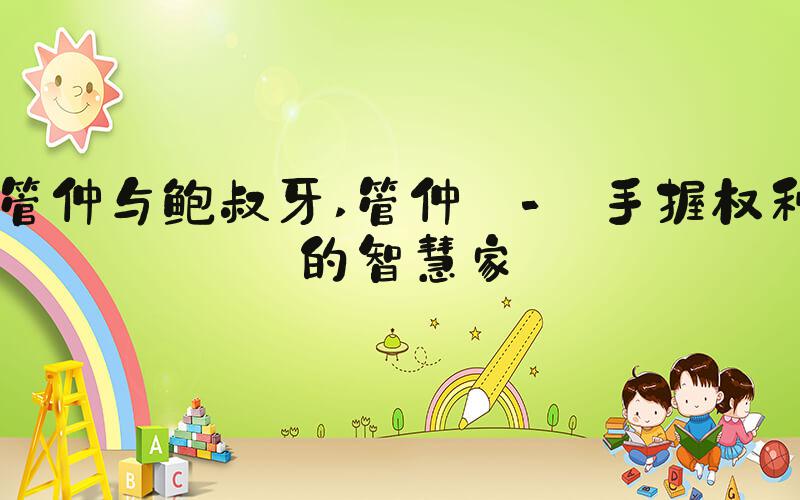

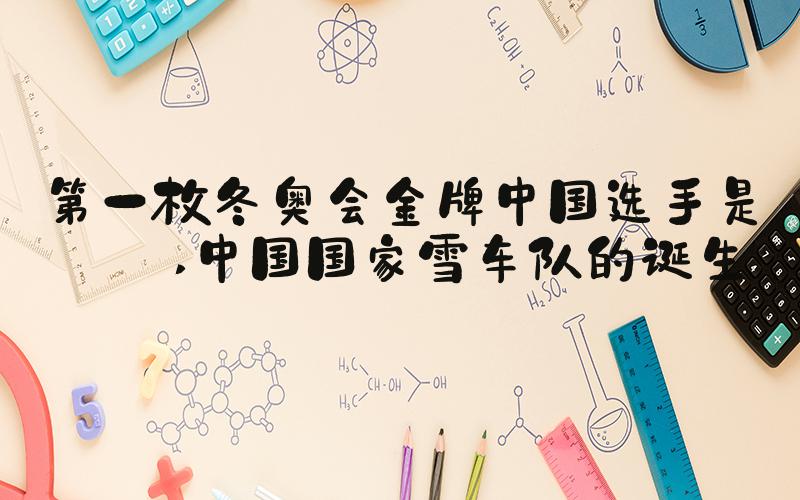
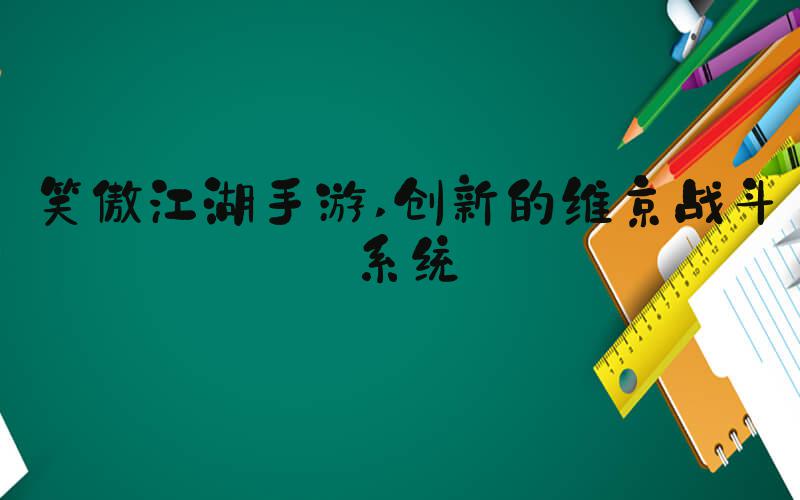
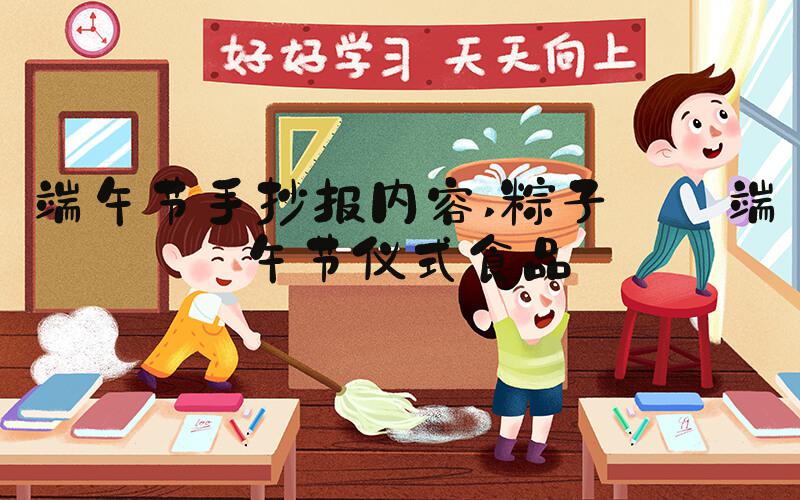
暂无评论
发表评论